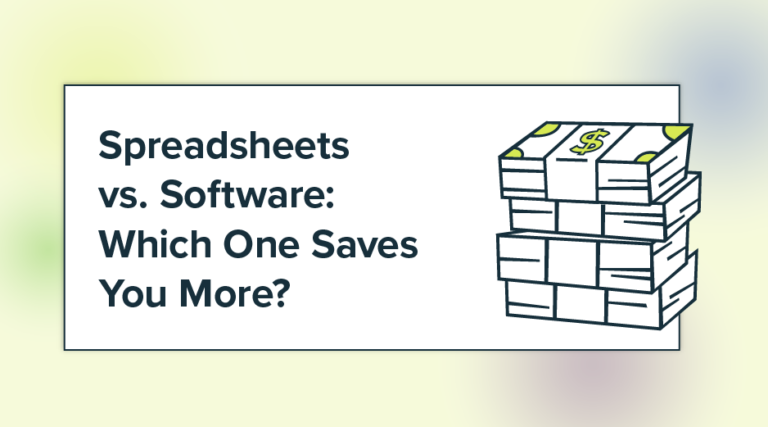Previously we have blogged on the advantages and disadvantages of electronic billing. Today we’ll look at five ways you can avoid the drudgery of hand-keying utility bills into your energy management software
Note: This topic was presented by John Heinz, VP of Sales for EnergyCAP, Inc., at the 2014 Catalyst Training Conference. You can view the slidedeck of his presentation below.
Import Bills from a Vendor Flat File
A flat file is a spreadsheet or text file that presents all the tracked billing data. Many vendors are willing to provide your utility bill information in a flat file format (typically xls or csv), and it’s an easy way to get a lot of billing information into your system very quickly. This works especially well if you get a lot of bills from a single vendor. There can be some initial setup challenges adapting the utility companies’ flat file format(s) to a format your energy management system can handle. But once the setup has been done, the process is usually quick, smooth, and reliable.
A major vendor for coordinating flat file data transfer is Doxo.
Direct Bills from Vendor (EDI 810)
EDI 810 is the approved protocol for paperless electronic utility bill payment. It’s more complicated than flat file data transfer, but it has the advantage of integrating with your energy management system and your accounts payable department and providing a virtually error-free mechanism for completing the entire transaction.
A major vendor for handling EDI 810 logistics is Xebec Data.
Optical Character Recognition
Optical Character Recognition (OCR) is a rapidly-improving technology for harvesting data from printed/scanned documents.
Once the paper bill has been converted to an image file, the OCR software can be configured to match the data to specific fields in your database. The data collection is not as reliable as a flat file or EDI import, but can be effective if a consistent audit process is used to detect read errors. OCR has the added advantage of preserving an electronic copy of your actual utility bill for future reference and archiving purposes.
A major OCR vendor is the Feichtner Data Group.
Screen Scraping
Screen/web scraping refers to the use of software automation tools to scan for available utility billing data on the worldwide web. Access to the confidential billing data can be achieved using login credentials provided by the utility company. The data can then be saved to a predetermined directory/location in an approved file format, where it can be accessed by your accounting and energy management departments.
Major vendors for screen scraping technology include: Urjanet, Intuit, and Mozenda.
Outsource Bill Processing
The last way to avoid keying utility bills is the simplest—outsourcing. Outsourcing services can be secured from competent vendors who may even specialize in utility bill services. Typically, utility bills will be rerouted from the utility directly to the service company, which will enter the data directly into your energy management system or provide you with an import file.
Major vendors include: Cass Information Systems, NISC, BITHGROUP Technologies, and Utility Management Corporation.
Is your head spinning from options? We can find the best bill services offering for you.
{{cta(‘9c18ac42-3d7c-48bf-8889-385c886d5774’)}}
 Best-in-class portfolio-level energy and utility bill data management and reporting.
Best-in-class portfolio-level energy and utility bill data management and reporting.
 Real-time energy and sustainability analytics for high-performance, net-zero buildings.
Real-time energy and sustainability analytics for high-performance, net-zero buildings.
 A holistic view of financial-grade scope 1, 2, and 3 carbon emissions data across your entire business.
A holistic view of financial-grade scope 1, 2, and 3 carbon emissions data across your entire business.
 Energy and sustainability benchmarking compliance software designed for utilities.
Energy and sustainability benchmarking compliance software designed for utilities.



